Add to Wishlist
Organic Gardening And Farming Techniques
By Nicky George
Publisher: Alexis Press LLC
$135.00
ISBN 13: 979-8-89143-002-0
YEAR: 2024
eBOOK
Instant Delivery
SKU:
ALX-AG-002-0
Category:
Agriculture
Additional information
| Access Type | Download eBook, Read Only |
|---|
Be the first to review “Organic Gardening And Farming Techniques” Cancel reply
You must be logged in to post a review.
Purchase now to read the book online.
Select optionsRelated products
Prominent Agricultural Scientists
By Brice Powell
$135.00
Agricultural Scientist is the one who is a specialist in analyzing farming methods and food production methods to enhance safety and crop yield. Through research, an agricultural scientist works on new and innovative ways to increase the quality of food grown and supplied. In complete coordination with the scientific community and policy-makers, an agricultural scientist reaches the solution.
Prominent Agricultural Scientists
By Brice Powell
$135.00
Agricultural Scientist is the one who is a specialist in analyzing farming methods and food production methods to enhance safety and crop yield. Through research, an agricultural scientist works on new and innovative ways to increase the quality of food grown and supplied. In complete coordination with the scientific community and policy-makers, an agricultural scientist reaches the solution.
Bakery: Agriculturally Based Manufacturing Industry
By Vic Harvey
$135.00
Because of the fame of the art of baking, around 300 BC, baking was introduced as an occupation and respectable profession for Romans. Bakers began to prepare bread at home in an oven, using mills to grind grain into flour for their bread. The demand for baked goods persisted, and the first bakers' guild was established in 168 BC in Rome. The desire for baked goods promoted baking throughout Europe and expanded into eastern parts of Asia. Bakers started baking bread and other goods at home and selling them on the streets. Baked goods have been around for thousands of years. The art of baking was developed early during the Roman Empire. It was a highly famous art as Roman citizens loved baked goods and demanded them frequently for important occasions such as feasts and weddings.
Bakery: Agriculturally Based Manufacturing Industry
By Vic Harvey
$135.00
Because of the fame of the art of baking, around 300 BC, baking was introduced as an occupation and respectable profession for Romans. Bakers began to prepare bread at home in an oven, using mills to grind grain into flour for their bread. The demand for baked goods persisted, and the first bakers' guild was established in 168 BC in Rome. The desire for baked goods promoted baking throughout Europe and expanded into eastern parts of Asia. Bakers started baking bread and other goods at home and selling them on the streets. Baked goods have been around for thousands of years. The art of baking was developed early during the Roman Empire. It was a highly famous art as Roman citizens loved baked goods and demanded them frequently for important occasions such as feasts and weddings.
Agrarianism
By Ash Mcintosh
$135.00
Agrarianism, in social and political philosophy, perspective that stresses the primacy of family farming, widespread property ownership, and political decentralization. Agrarian ideas are typically justified in terms of how they serve to cultivatemoral character and to develop a full and responsible person. Many proponents of agrarianism revere nature (whether understood as natural phenomena or as God’s creation), respect tradition and experience, distrust ideology, and regard science and technology with skepticism. Proponents of agrarianism believe that when individuals attach themselves to farming and a rural way of life, the required labour enhances their existence. Family and locale are rooted, allowing stable associations to develop that enable people to experience, in a nonacquisitive way, the goods of a grounded community, including leisure, friendship, love, art, and religion
Agrarianism
By Ash Mcintosh
$135.00
Agrarianism, in social and political philosophy, perspective that stresses the primacy of family farming, widespread property ownership, and political decentralization. Agrarian ideas are typically justified in terms of how they serve to cultivatemoral character and to develop a full and responsible person. Many proponents of agrarianism revere nature (whether understood as natural phenomena or as God’s creation), respect tradition and experience, distrust ideology, and regard science and technology with skepticism. Proponents of agrarianism believe that when individuals attach themselves to farming and a rural way of life, the required labour enhances their existence. Family and locale are rooted, allowing stable associations to develop that enable people to experience, in a nonacquisitive way, the goods of a grounded community, including leisure, friendship, love, art, and religion
The Science Of Vegan Food
$135.00
Introduction To Agroecology: Principles And Practices
By Avery Clark
$135.00
Agroecology is defined by the OECD as "the study of the relation of agricultural crops and environment." Dalgaard et al. refer to agroecology as the study of the interactions between plants, animals, humans, and the environment within agricultural systems. Francis et al. also use the definition in the same way but thought it should be restricted to growing food.
Introduction To Agroecology: Principles And Practices
By Avery Clark
$135.00
Agroecology is defined by the OECD as "the study of the relation of agricultural crops and environment." Dalgaard et al. refer to agroecology as the study of the interactions between plants, animals, humans, and the environment within agricultural systems. Francis et al. also use the definition in the same way but thought it should be restricted to growing food.
Green Revolution
By Rene Holland
$135.00
Green Revolution, the great increase in the production of food grains that resulted in large part from the introduction into developing countries of new, high-yielding varieties, beginning in the mid-20th century. Its early dramatic successes were in Mexico and the Indian subcontinent. The new varieties require large amounts of chemical fertilizers and pesticides to produce their high yields, raising concerns about cost and potentially harmful environmental effects. Poor farmers, unable to afford the fertilizers and pesticides, have often reaped even lower yields with these grains than with the older strains, which were better adapted to local conditions and had some resistance to pests and diseases.
Green Revolution
By Rene Holland
$135.00
Green Revolution, the great increase in the production of food grains that resulted in large part from the introduction into developing countries of new, high-yielding varieties, beginning in the mid-20th century. Its early dramatic successes were in Mexico and the Indian subcontinent. The new varieties require large amounts of chemical fertilizers and pesticides to produce their high yields, raising concerns about cost and potentially harmful environmental effects. Poor farmers, unable to afford the fertilizers and pesticides, have often reaped even lower yields with these grains than with the older strains, which were better adapted to local conditions and had some resistance to pests and diseases.
Pests And Diseases
By Lee Palmer
$135.00
Together pests and diseases cause up to 40% yield losses every year. The animal groups of the most significant importance as agricultural pests are (in order of economic importance) insects, mites, nematodes, and gastropod mollusks. Insects are responsible for two major forms of damage to crops. First, there is the direct injury they cause to the plants as they feed on the tissues; a reduction in leaf surface available for photosynthesis, distortion of growing shoots, a diminution of the plant's growth and vigor, and the wilting of shoots and branches caused by the insects' tunneling activities.
Pests And Diseases
By Lee Palmer
$135.00
Together pests and diseases cause up to 40% yield losses every year. The animal groups of the most significant importance as agricultural pests are (in order of economic importance) insects, mites, nematodes, and gastropod mollusks. Insects are responsible for two major forms of damage to crops. First, there is the direct injury they cause to the plants as they feed on the tissues; a reduction in leaf surface available for photosynthesis, distortion of growing shoots, a diminution of the plant's growth and vigor, and the wilting of shoots and branches caused by the insects' tunneling activities.
Agriculture in the United States
$135.00
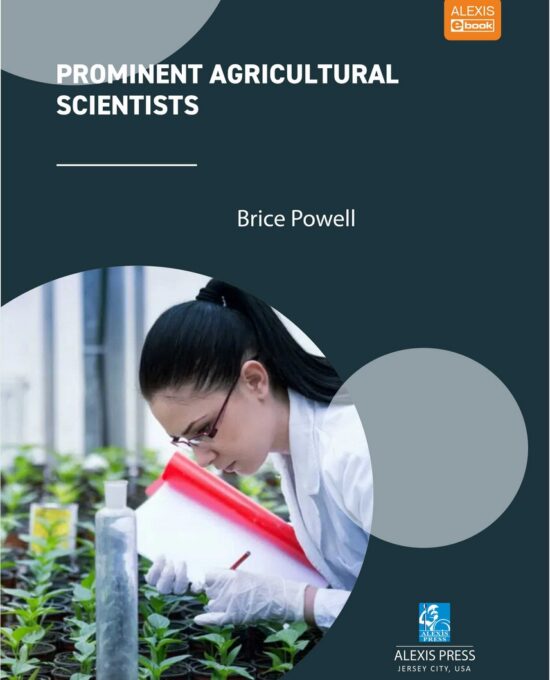

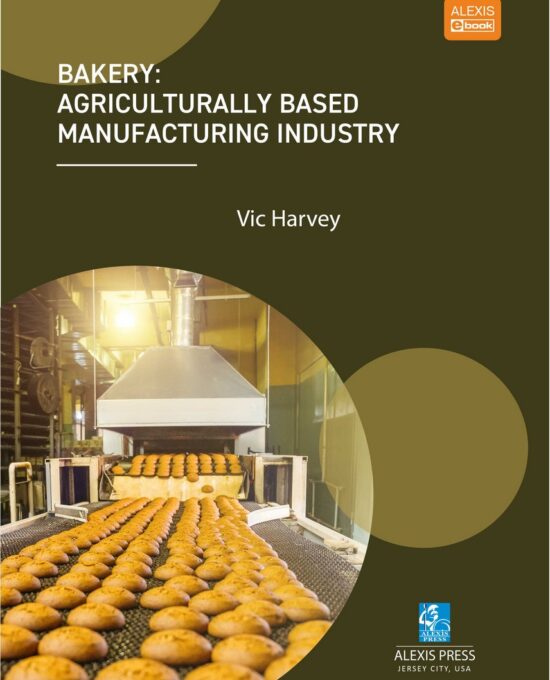
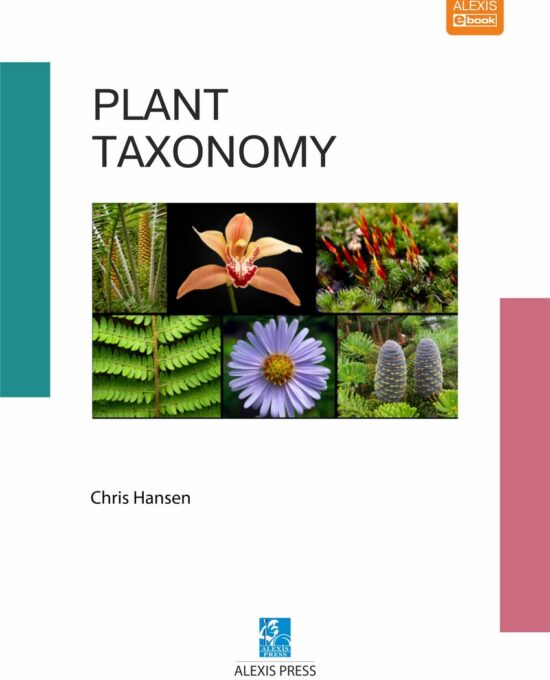

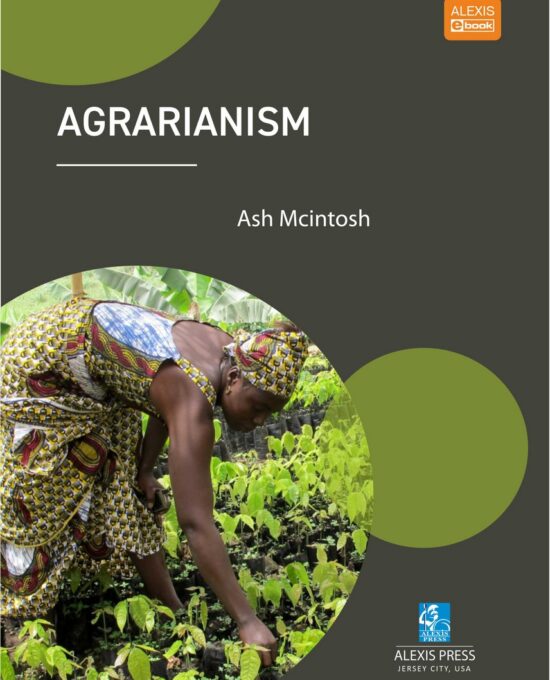

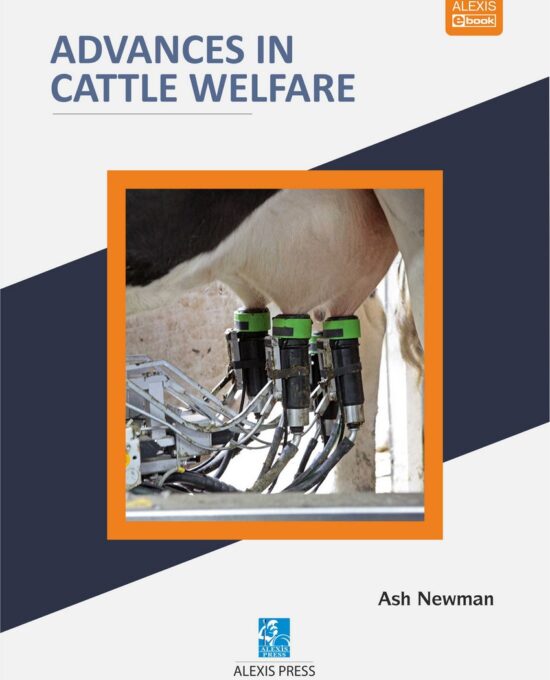
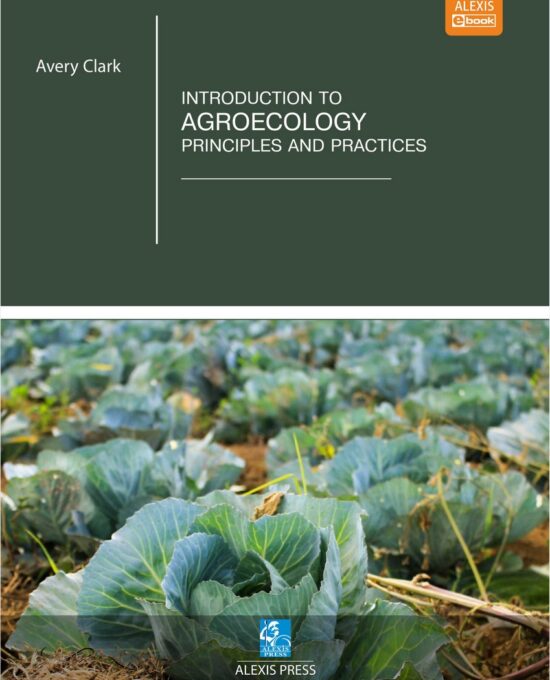
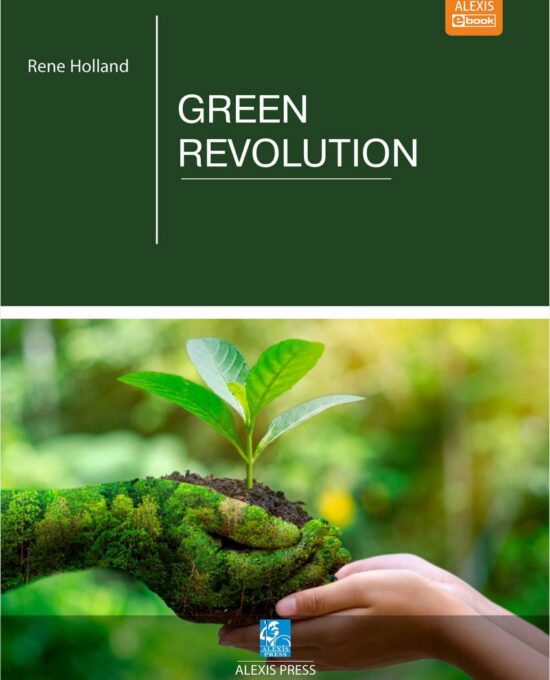
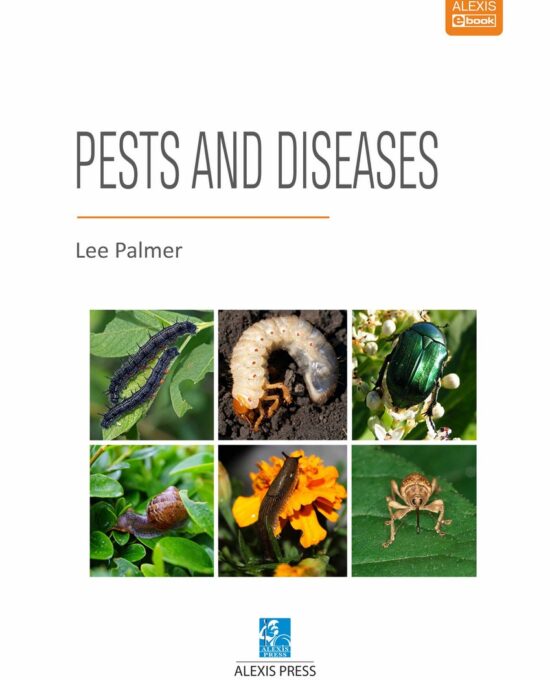
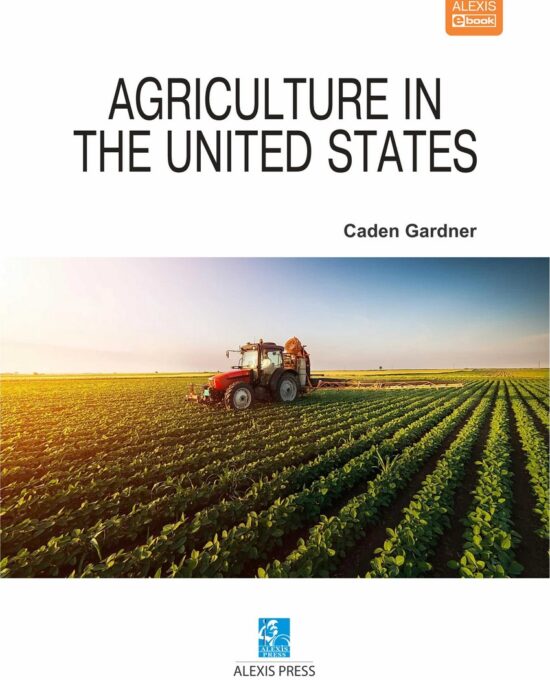
Reviews
There are no reviews yet.